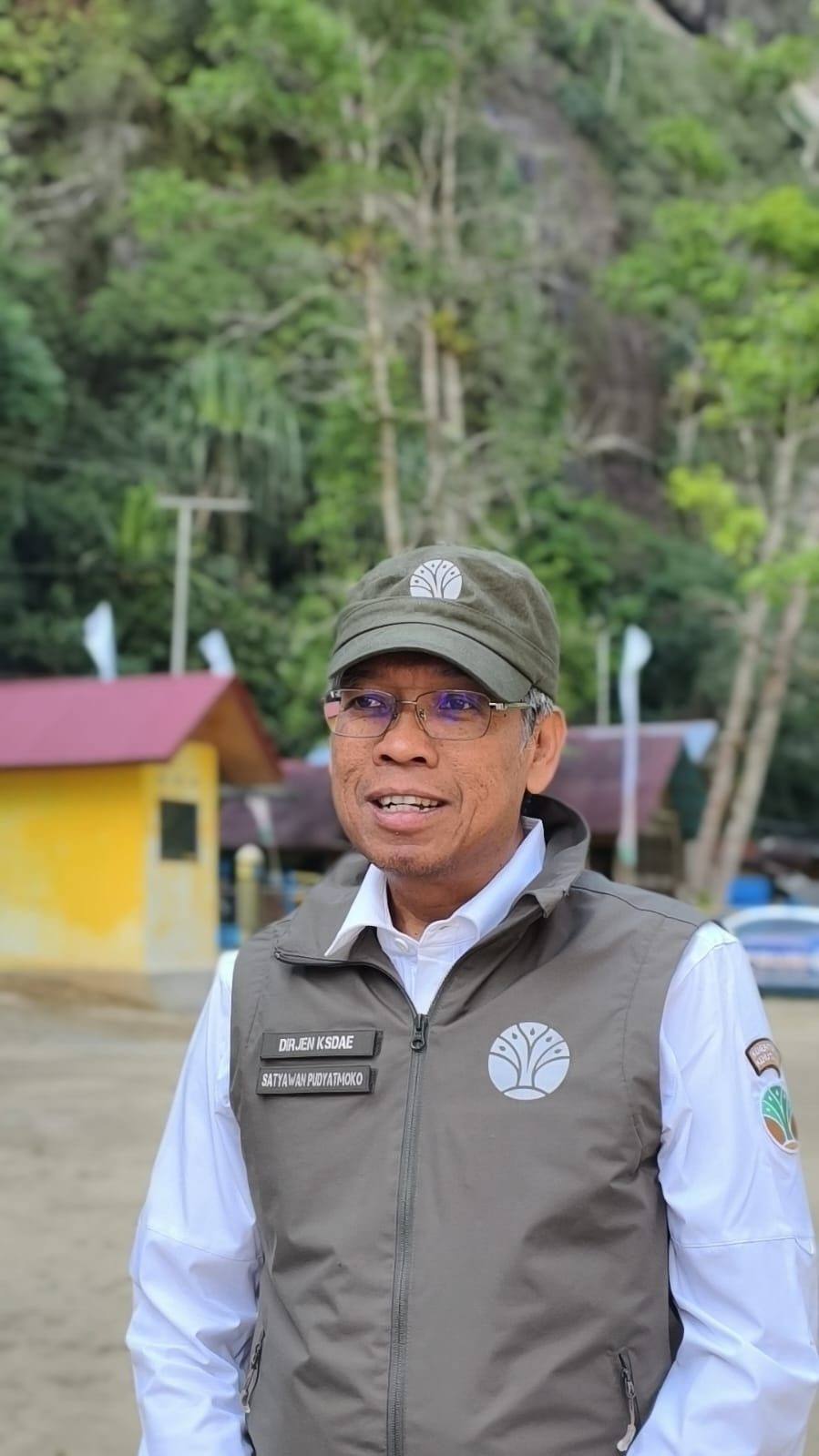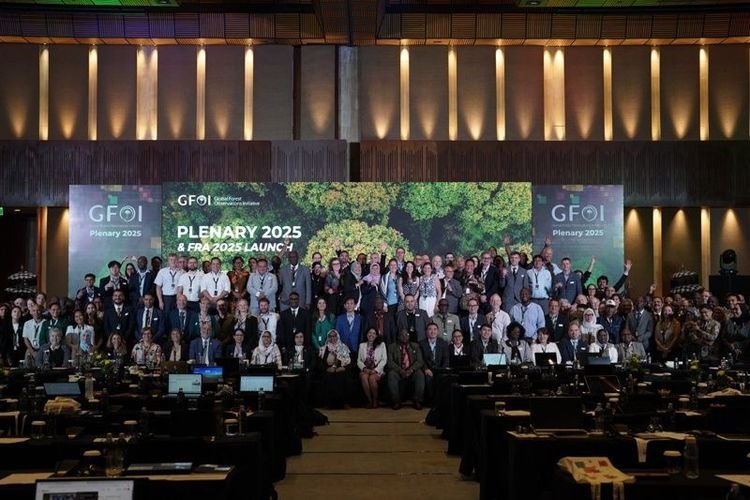Enviro News Asia, Jakarta – Secretary General of the Ministry of Forestry (Kemenhut), Mahfudz, expressed his support at a journalist workshop themed Strengthening the Role of Media in Supporting the Indonesia’s FOLU Net Sink 2030 Agenda, held on May 16–17, 2025, in Jakarta and Bogor.
In his remarks, Mahfudz emphasized that Indonesia’s FOLU Net Sink 2030 is one of the main pillars in the country’s efforts to reduce greenhouse gas (GHG) emissions in response to the global climate crisis.
“Indonesia’s FOLU Net Sink 2030 is not merely a forestry program, but a strategic national agenda and the largest contributor to Indonesia’s emission reduction targets under the framework of the Nationally Determined Contribution (NDC),” said Mahfudz before dozens of journalists from various national media, as stated in an official release from the Ministry of Forestry.
Mahfudz explained that Indonesia aims to reach a net sink condition in the Forestry and Other Land Use (FOLU) sector by no later than 2030. This means that the sector will be able to absorb more carbon emissions than it releases, with a target emission reduction of -140 million tons of CO₂e by 2030.
To achieve this ambitious target, the government has established four main strategies: reducing deforestation and forest degradation, improving sustainable forest governance, protecting and restoring peatland ecosystems, and rehabilitating forests and increasing land cover.
“The FOLU sector contributes nearly 60% of Indonesia’s emission reduction potential. This makes it the backbone of our national NDC targets,” said Mahfudz.
He also added that Indonesia’s NDC targets include a 31.89% emission reduction through domestic efforts and up to 43.2% with international support by 2030, with the FOLU sector playing the most significant role in achieving these commitments.
However, Mahfudz acknowledged the considerable challenges ahead. He noted that implementing the entire FOLU Net Sink action plan by 2030 will require substantial investment—estimated at USD 14 billion.
These funds are needed to support ecosystem restoration, enhance institutional capacity, improve carbon measurement technology, and empower communities living around forest areas.
“This major investment cannot rely solely on the state budget. We need the involvement of all stakeholders, including the private sector, financial institutions, and of course, international development partners,” said Mahfudz.
In this context, Mahfudz underscored the vital role of mass media in building accurate and comprehensive public understanding of the importance of the Indonesia’s FOLU Net Sink 2030 agenda.
He hopes that the journalists participating in the workshop will become agents of change, effectively communicating climate mitigation and adaptation actions, and bridging government policy with public aspirations.
“Climate and forestry issues are no longer exclusive to technical circles. These are public issues, and the media plays a strategic role in broadening the reach of information, enhancing environmental literacy, and encouraging active participation from all elements of the nation,” he stated.
The opening marked the beginning of a two-day workshop attended by journalists, who will receive insights from cross-sectoral experts and conduct a field visit to the Rumpin nursery in Bogor to observe the on-the-ground implementation of the FOLU Net Sink agenda. *















